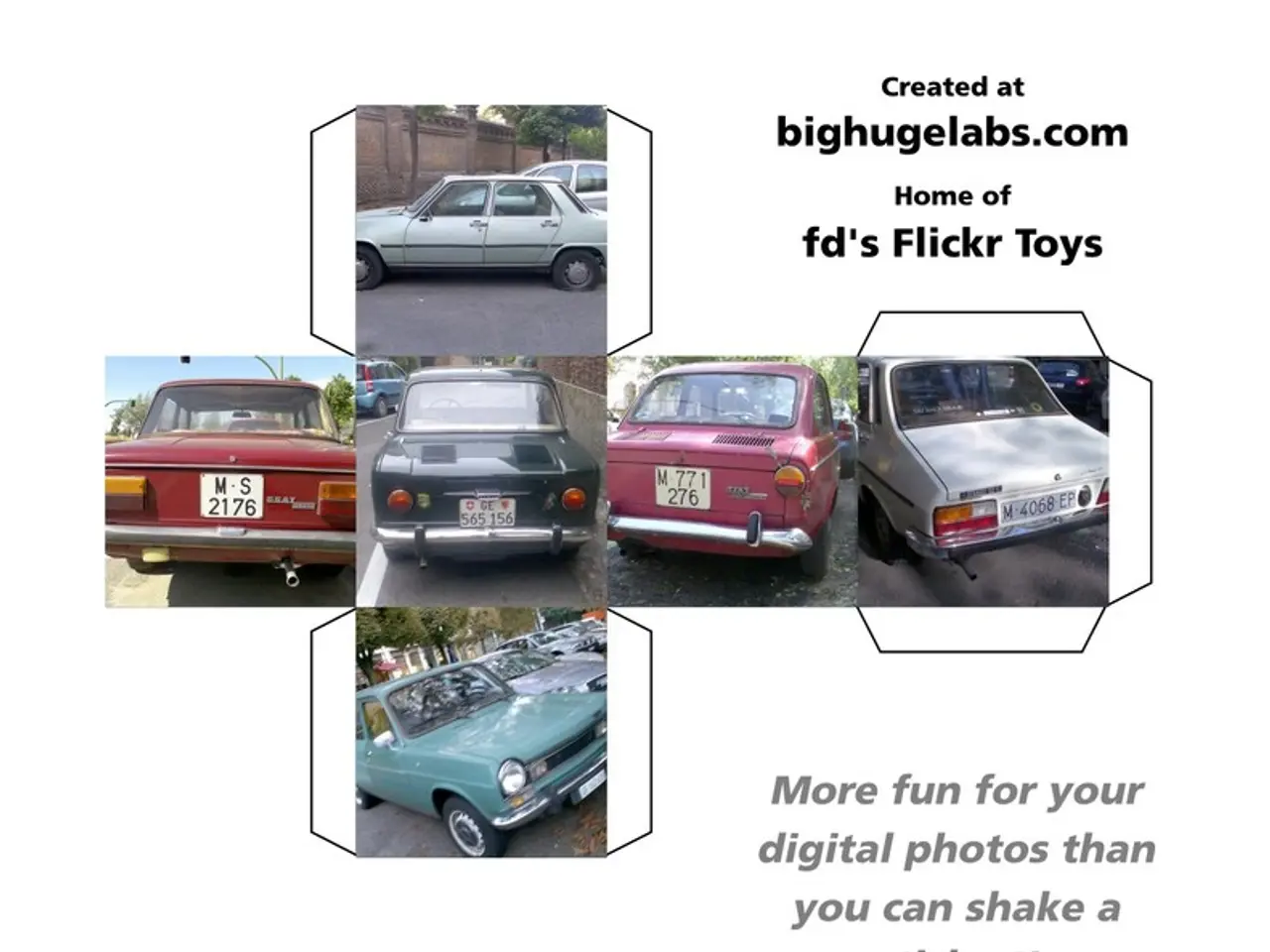Germany's TÜV Rheinland revisits autonomous driving: A potential path to regaining prominence?
TÜV Rheinland, a leading global testing service provider, recently held a panel discussion in Berlin on September 4, 2025, to deliberate on the potential, challenges, and industrial policy implications of autonomous driving. The discussion, moderated by Sandra Berndt, brought together experts from the Center of Automotive Management, the Federal Ministry of Economics and Energy, Bitkom e.V., and TUV Rheinland.
One of the highlights of the discussion was the success of TÜV Rheinland in accompanying the homologation of the world's first Level 3 system for speeds of up to 95 km/h on the motorway, the DRIVE PILOT of Mercedes-Benz. This achievement underscores TÜV Rheinland's expertise in the field of autonomous driving and its commitment to ensuring the safety and reliability of such technologies.
Safety and reliability are indeed central success factors for creating acceptance and securing trust in autonomous driving technology. Gunter Bertrand, Director of Strategy & Global Projects Mobility at TUV Rheinland, emphasized that autonomous driving offers the German automotive industry a chance to regain technological leadership.
Numerous model regions and pilot projects for autonomous driving are ongoing in various cities and regions, including urban shuttle services and on-demand solutions for rural areas. TÜV Rheinland is involved in these initiatives, carrying out static analyses and dynamic driving tests on real test tracks and in public road traffic for autonomous driving systems.
The main challenges TÜV Rheinland must overcome in autonomous driving include ensuring safety and reliability to build trust and acceptance, maintaining Germany's competitive edge in vehicle safety certifications, and responding to intense international competition with new market entrants. Germany, with its expertise in safety and vehicle approval requirements for new models, has a significant competitive advantage in this regard.
TÜV Rheinland is also active in the Automotive Proving Ground ZalaZone in western Hungary, enabling the performance of complete tests for highly automated vehicles. The company offers a comprehensive range of services in the field of autonomous driving, including development-accompanying evaluations and homologation of new systems.
The federal government's funding programs have supported manufacturers in their research and development activities for autonomous driving for decades. TÜV Rheinland's headquarters is in Cologne, Germany, and it has been a member of the United Nations Global Compact for more sustainability and against corruption since 2006.
Autonomous driving is developing into a central future topic with great opportunities for the German economy. TÜV Rheinland's expertise includes mobility, energy supply, infrastructure, and many other areas, ensuring independent quality, especially with innovative technologies such as green hydrogen, artificial intelligence, or automated driving.
For more information about TUV Rheinland's focus on autonomous driving, visit www.tuv.com/TRFI. Germany is among the international pioneers in the development of highly automated vehicles, and TÜV Rheinland is at the forefront of ensuring the safety and reliability of these technologies for the benefit of society.
Read also:
- visionary women of WearCheck spearheading technological advancements and catalyzing transformations
- A continuous command instructing an entity to halts all actions, repeated numerous times.
- Oxidative Stress in Sperm Abnormalities: Impact of Reactive Oxygen Species (ROS) on Sperm Harm
- Is it possible to receive the hepatitis B vaccine more than once?








